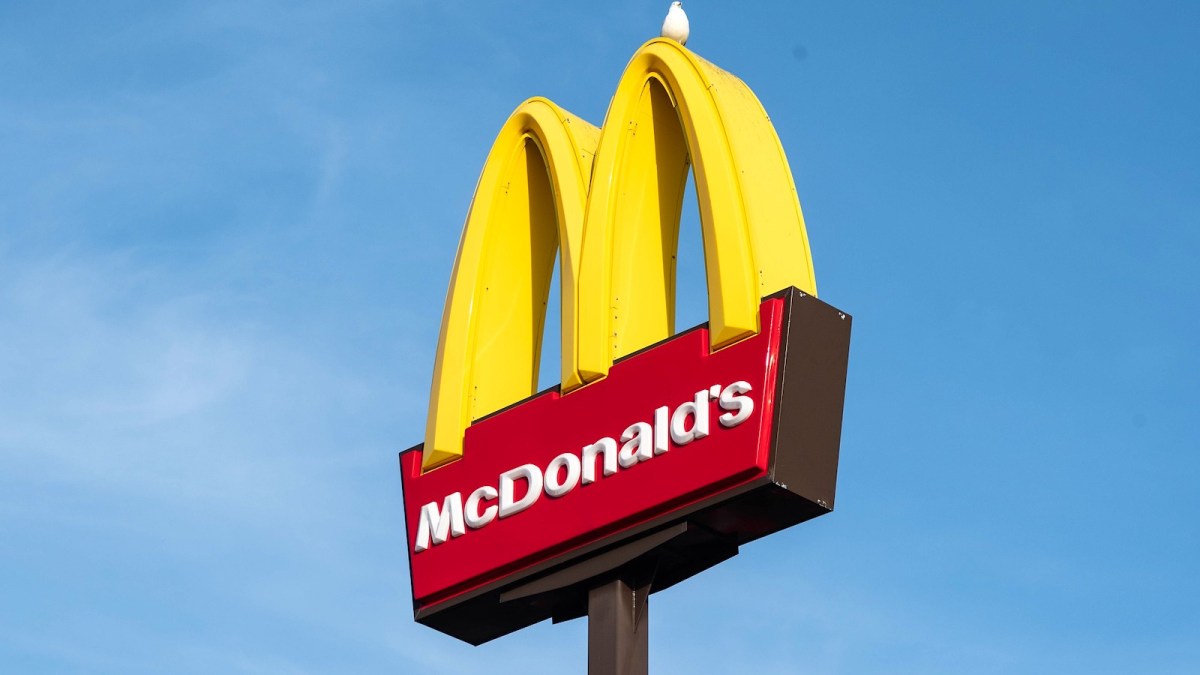It is common knowledge that you can’t always rely on Google Translate due to mistranslations, especially if the language structure is different. However, the results that Google churns out are often highly entertaining, especially for this Twitter user who translated the Chinese McDonald’s menu into English.
Twitter user @HarryBadTweets shared a series of mistranslations from their Google Translate experiment. In the post were four menu items translated into English. Accompanying the text were images of the food items, and while some items were almost accurate, others were downright weird.
This led people on the internet to experiment with other fast food menus from other restaurants to see if they could achieve similar results. One Twitter user attempted this in a local bakery in the Czech Republic, which resulted in translations that were more bizarre than the ones in China. Meanwhile, another Twitter user attempted this using the Chinese Burger King menu and showed more outrageous results compared to McDonald’s.
What’s funny is that, despite the mistranslations, it pretty much describes what the meals are. The ruthless Overlord Niubao really does look like an overloaded burger. However, I wouldn’t call a chicken nugget, fries, and orange juice meal “fragrant.”
To see how far these mistranslations would go, I’ve input multiple McDonald’s menus from various countries to see if the outcome would be the same. Unfortunately, most of the menus translate back into English. The closest overseas menu to have similar results was the Japanese McDonald’s menu since they have a few items written in Hiragana and Kanji. This means those items would more likely be subjected to mistranslations.
However, one user visited a local Japanese store, found a Japanese product, and used Google to translate it back into English. It seems like Japan can’t escape its mistranslations as well.
It’s important to note that other countries have their own language conventions, hence why certain languages translated using Google would result in mistranslations. This means that large fast-food franchises with international branches must ensure that their menu items would fit both English and other languages. Doing this would make it easier for local and international customers to easily identify the item.
